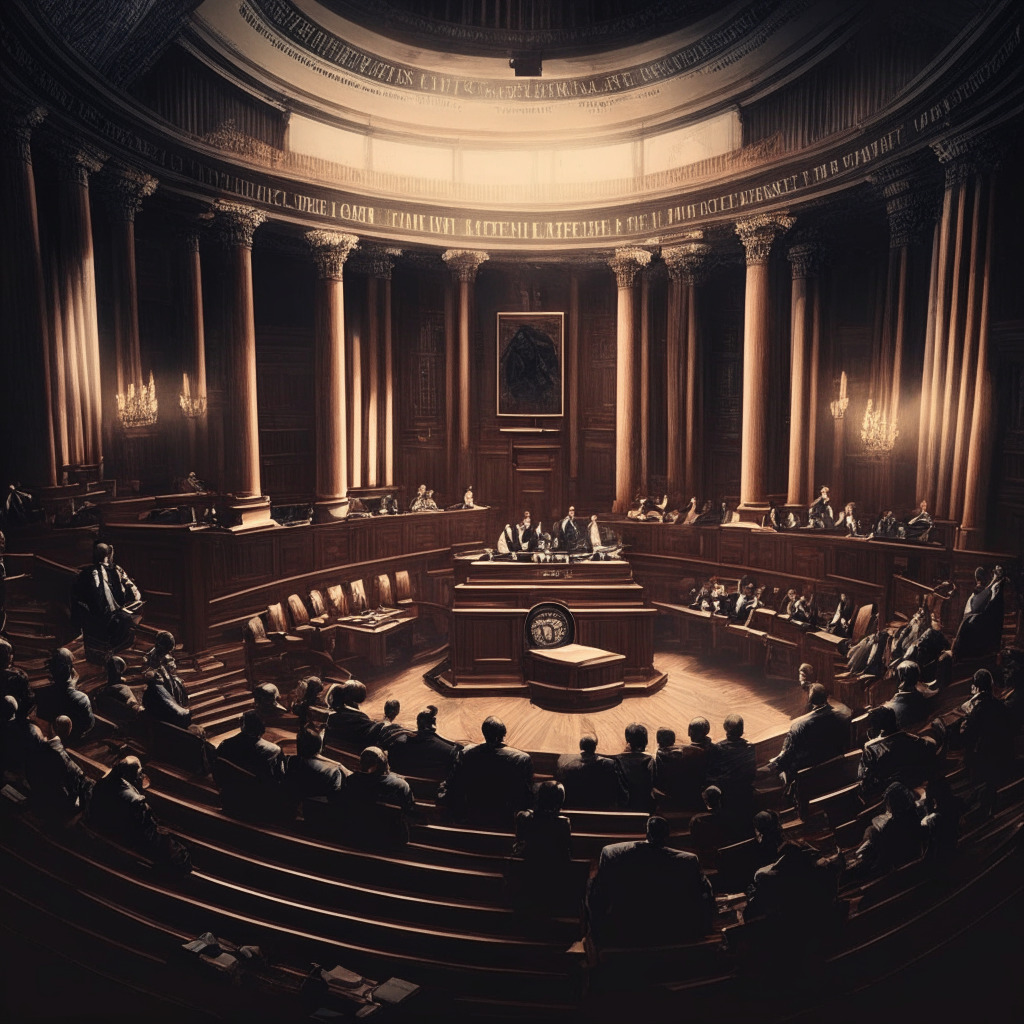With the increasing use of digital assets, a joint meeting between the two most crypto-relevant committees in the U.S. House of Representatives was called urgently to consider the best legislative approach to cryptocurrency regulations. While some members agreed on the need for legislation, a senior Democrat expressed skepticism as to whether Congress should be working on a bill at all.
The hearing, held by both the House Financial Services Committee and House Agriculture Committee, aimed to develop a regulatory response to a turbulent financial sector that lacks clear oversight. While the Republican chairs and ranking Democrats, including Rep. Stephen Lynch (D-Mass.), participated in the meeting, Lynch’s opening remarks raised concerns about the creation of new legislation.
Expressing his doubts, Lynch said, “I’m worried that erecting a new law could be viewed as a light touch,” and argued that it might invite other sectors to move their financial products into the digital-assets space. Instead, he suggested that creating a separate regulatory regime through legislation is not the solution.
On the other hand, House Financial Services Committee Chair Patrick McHenry (R-N.C.) took the opposite view, pushing for the creation of new laws. His Democratic counterpart, Rep. Maxine Waters (D-Calif.), appeared to be in agreement, highlighting the need for the committees to work together in drafting new legislation.
Lynch’s views aligned with those of Gary Gensler, Chair of the Securities and Exchange Commission (SEC), who frequently emphasizes that the current securities law provides sufficient regulatory authority to the SEC. Lynch argued that failure within the majority of the crypto industry resulted from mass non-compliance, not regulatory ambiguity.
As more financial sectors integrate digital assets, establishing a clear and effective regulatory framework becomes increasingly crucial. However, the ongoing debate among members of Congress further highlights the complexity of cryptocurrency regulation.
It remains to be seen whether the outcome of the joint committee meeting will lead to new legislation or bolster existing regulations to ensure the digital-assets space remains orderly and compliant. Understanding the potential consequences of each approach is essential for anyone invested or interested in the rapidly evolving world of digital currencies.
Source: Coindesk




